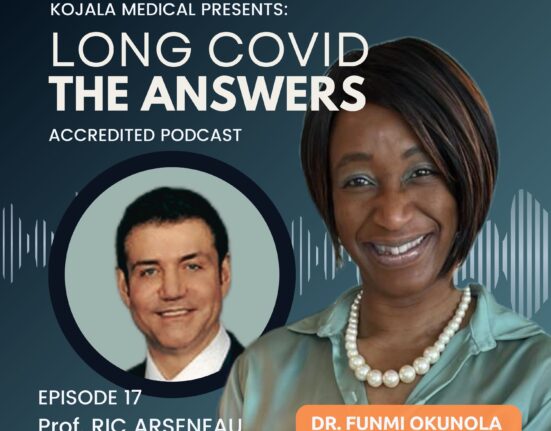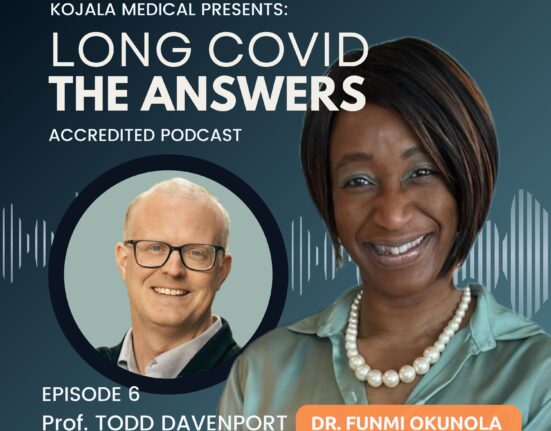Palpitations. What is it?
Palpitations, a sensation of rapid or irregular heartbeats, have emerged as a concerning symptom in individuals experiencing Long COVID. While the long-term effects of COVID-19 have been extensively studied, palpitations have garnered attention due to their persistence and impact on the quality of life of those affected. Understanding the nature of palpitations in Long COVID is essential for both patients and healthcare providers.
What are Palpitations?
Palpitations refer to the sensation of a rapid, fluttering, or pounding heartbeat. They can occur intermittently or persistently and may be accompanied by other symptoms such as dizziness, shortness of breath, or chest discomfort. In Long COVID, palpitations can manifest as a lingering symptom even after the acute phase of the infection has passed.
Who Gets Palpitations in Long COVID?
Palpitations in Long COVID can affect individuals of any age or gender who have experienced a COVID-19 infection. While the exact prevalence of palpitations in Long COVID is still being studied, it appears to be more common in individuals who have had severe acute illness or those with pre-existing cardiovascular conditions.
Typical Symptoms:
The symptoms of palpitations in Long COVID vary from person to person but may include:
- Sensation of rapid, fluttering, or pounding heartbeat
- Dizziness or lightheadedness
- Shortness of breath
- Chest discomfort or pain
- Fatigue or weakness
POTS and Dysautonomia also have palpitations as a symptom.
Relief:
Managing palpitations in Long COVID requires a comprehensive approach that addresses both the underlying cause and the symptoms themselves. While there is no one-size-fits-all solution, several strategies may help alleviate palpitations and improve overall well-being:
- Lifestyle modifications: Adopting a heart-healthy lifestyle, including regular exercise, a balanced diet, adequate sleep, and stress management techniques, can help reduce palpitations.
- Medications: In some cases, medications such as beta-blockers or antiarrhythmic drugs may be prescribed to control heart rate and rhythm.
- Monitoring and follow-up: Regular monitoring by healthcare providers is essential to track the progression of palpitations and adjust treatment as needed.
- Cardiac rehabilitation: Participating in a cardiac rehabilitation program can improve cardiovascular health and reduce symptoms of palpitations.
- Psychological support: Coping with the long-term effects of COVID-19 can be challenging, and seeking support from mental health professionals or support groups may help manage stress and anxiety associated with palpitations.
Credible Information:
- COMING SOON








